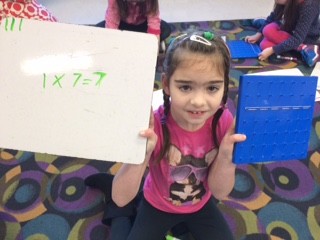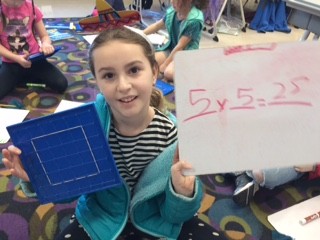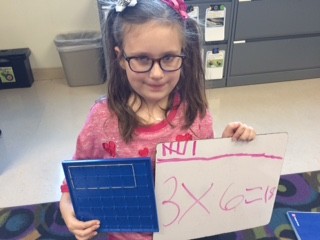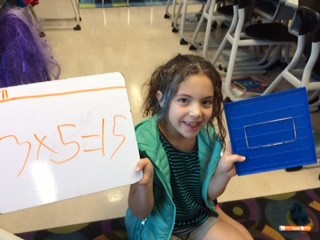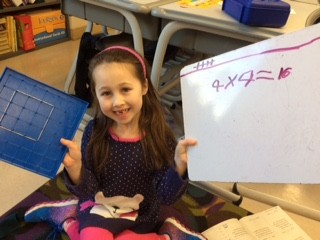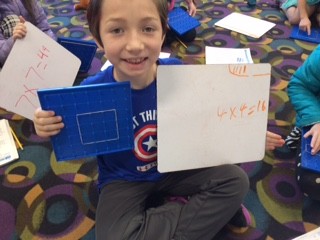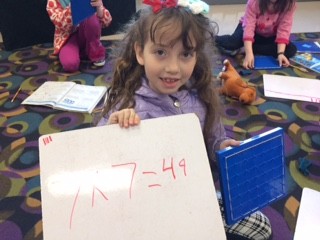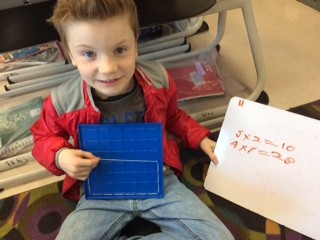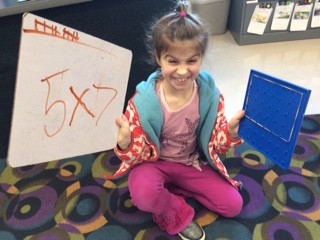Week 23
Things got pretty wild this week on Wacky Hair Wednesday! Wacky Hat Day is March 1st!
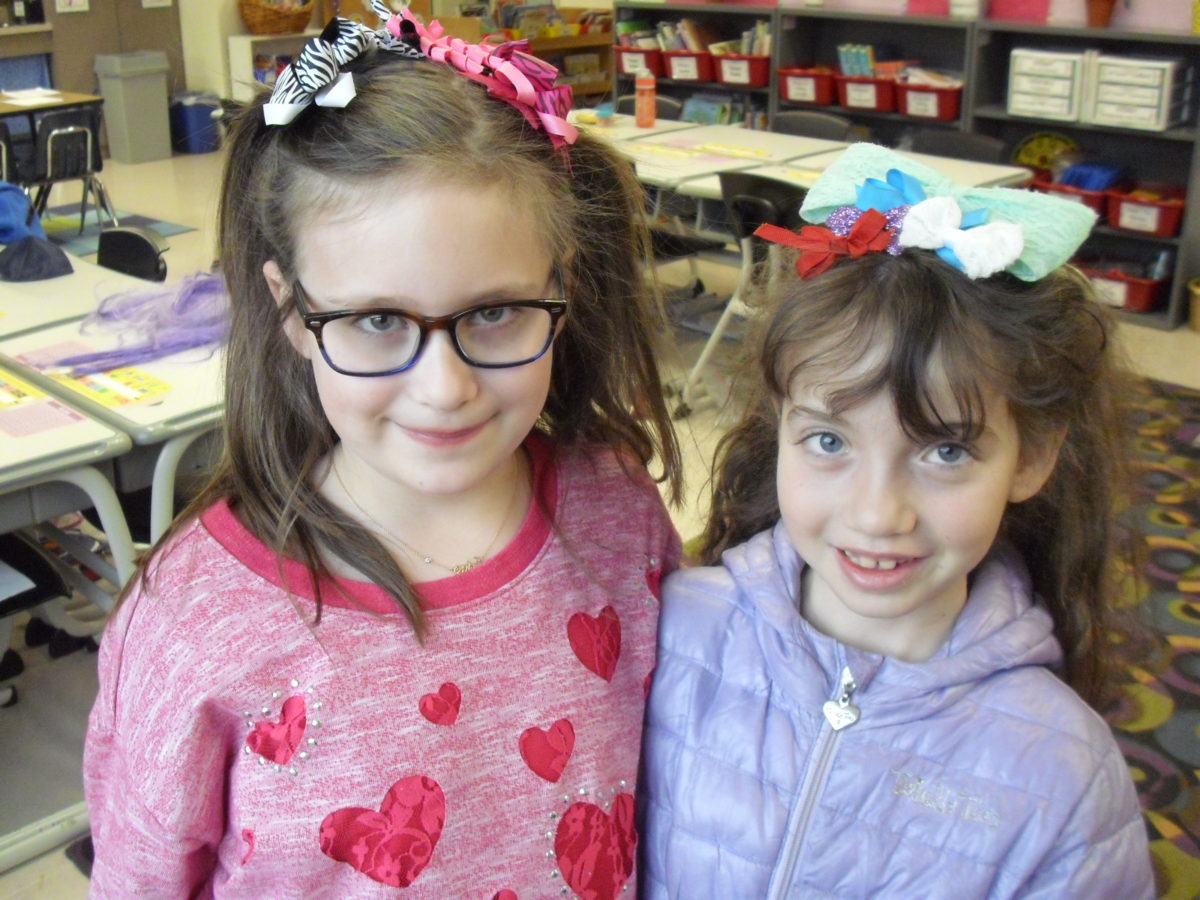
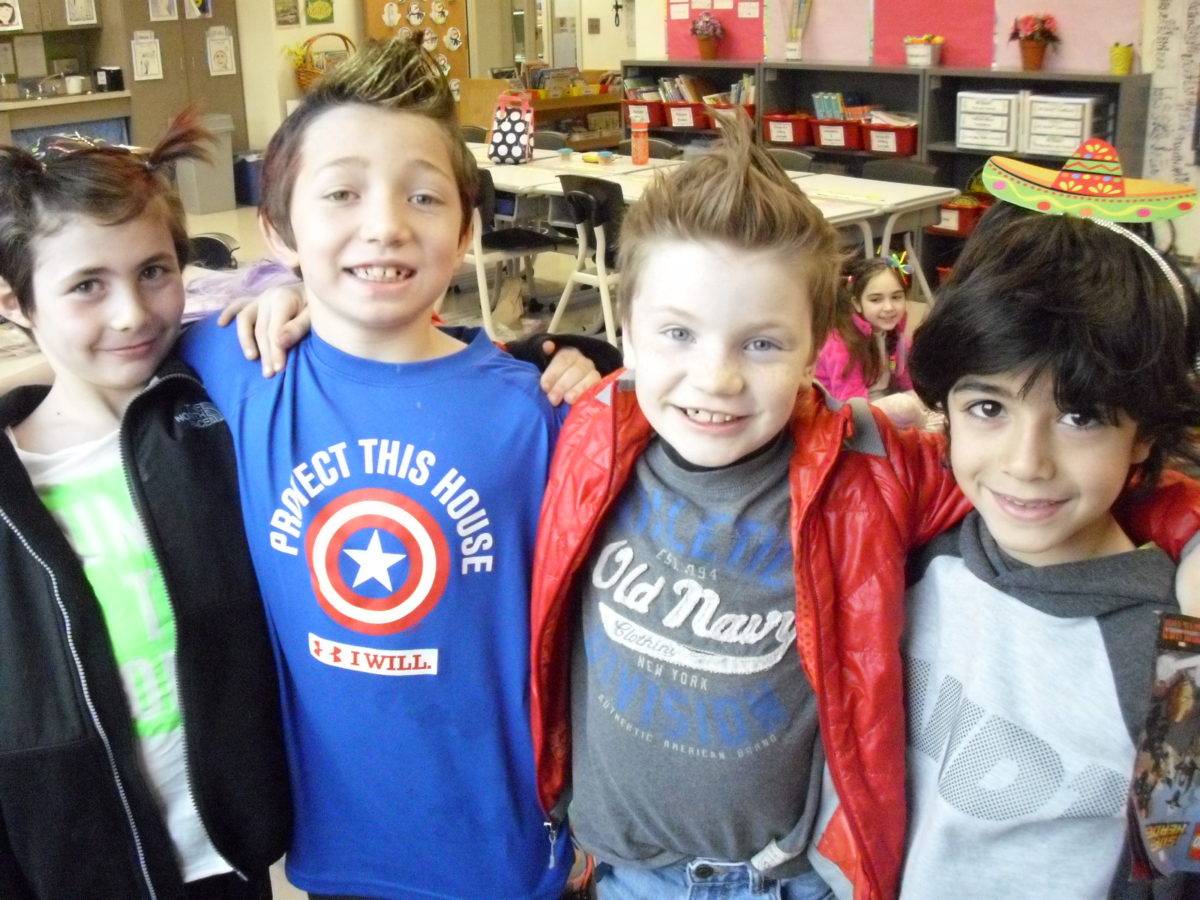
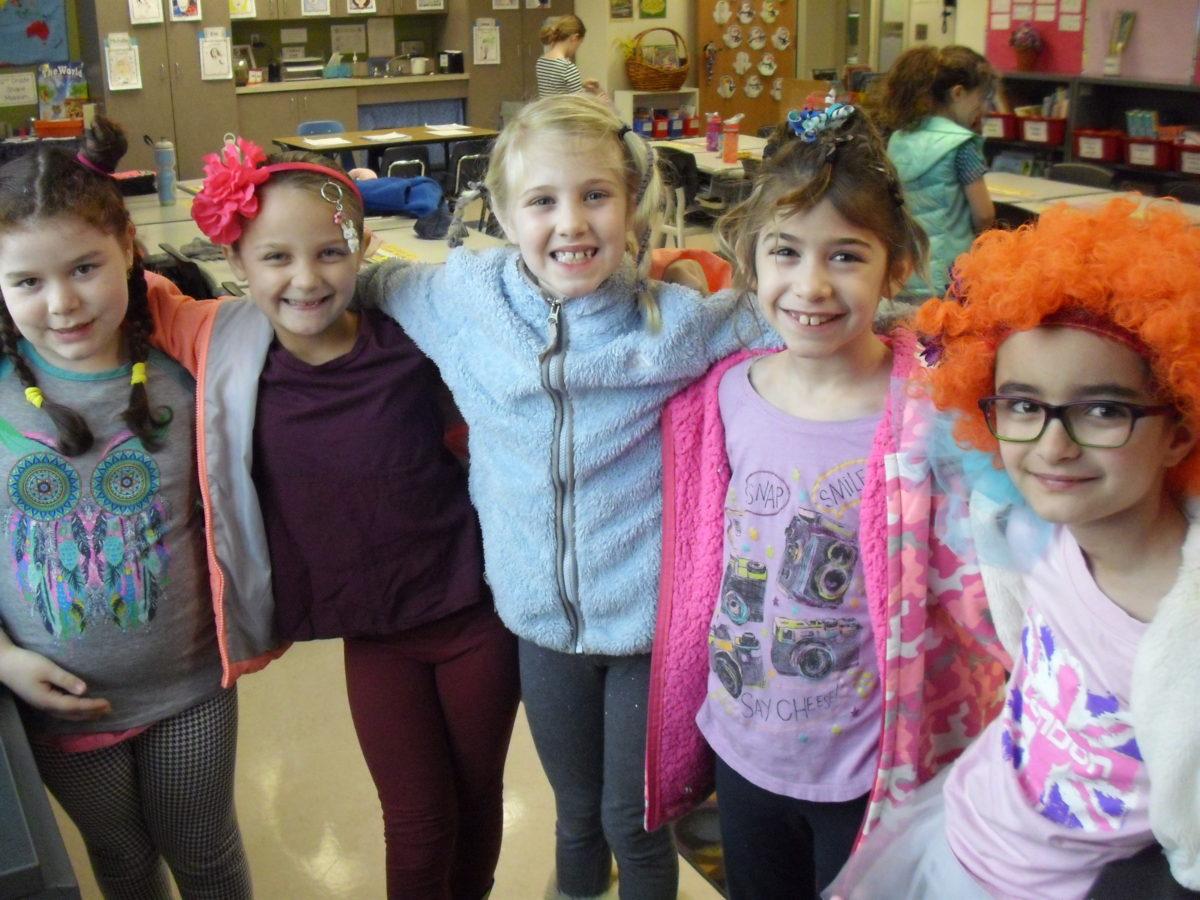
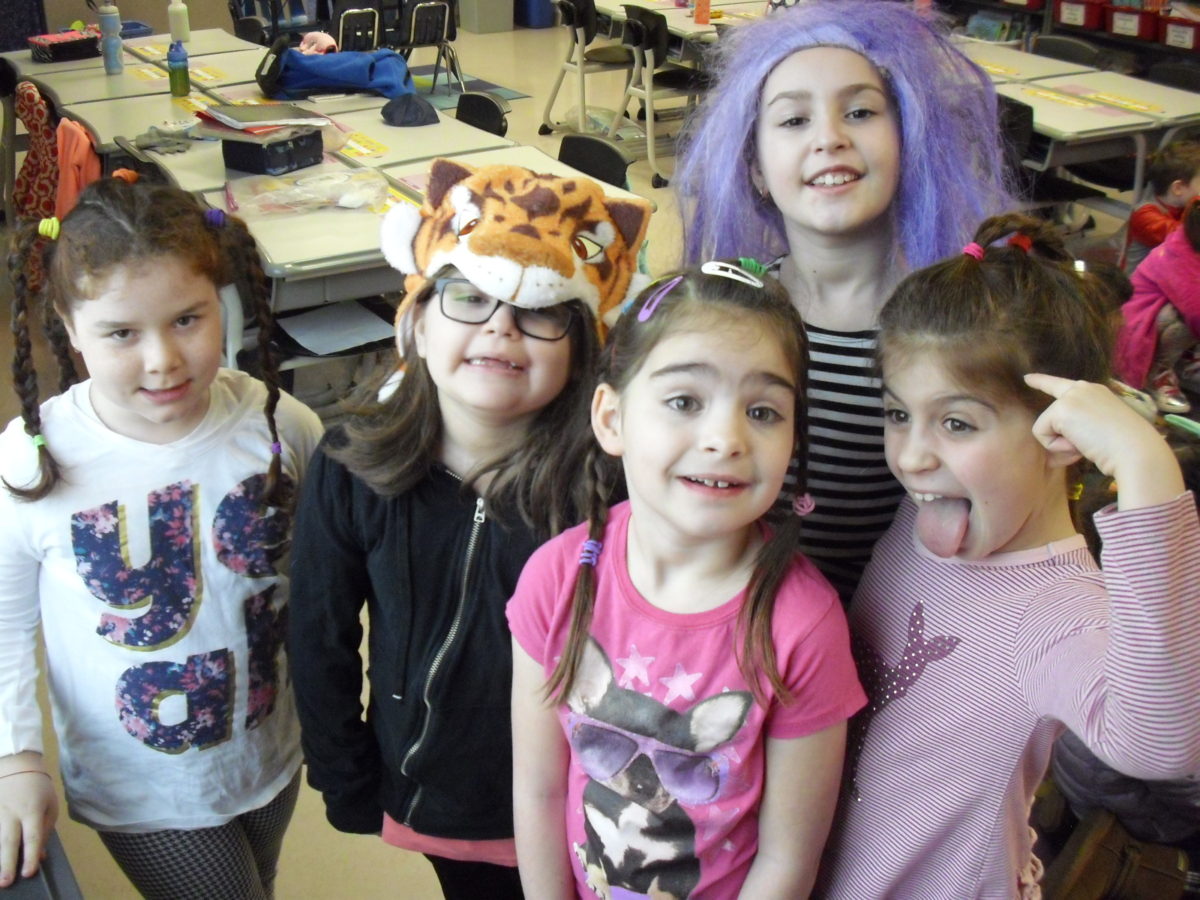
Reading
This week we worked on reading idioms, or phrases that say one thing but mean something totally different. Studying these idioms was not a piece of cake! We had to think outside the box and read between the lines to figure out what each idiom meant! The students had a ball illustrating their idioms and we learned to use the clues an author gives in the story to determine the meanings of these difficult phrases! Next week, we will read a nonfiction piece about schools around the world. The students will work on discovering the author’s purpose for writing different genres of texts. They will learn how to use a dictionary to define the words culture, community, languages, and transportation. The students will also continue studying how to put quotation marks around dialogue.
Vocabulary
Next week the students will continue working on the words: Agree, bare, famous, feast, gentle, hero, leader, notice, search, and weak. They will read a short biography on Martin Luther King Jr. that contains these words and they will practice answering comprehension questions in complete sentences!
Spelling
This week the students practiced when to add “s” or “es” to the end of a word to make it plural. Next week, the students will practice dropping the “y” and adding “ies” to make a word like cry plural, or changing the spelling completely, like mouse and mice. Below, the students are practicing their spelling words and checking their work with this week’s spelling experts!
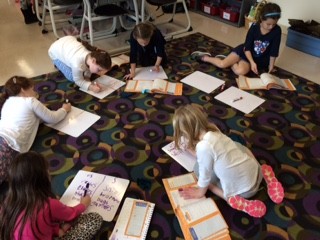
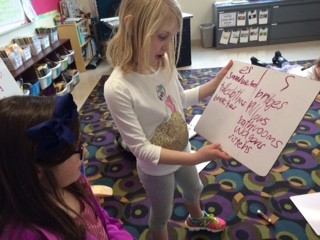
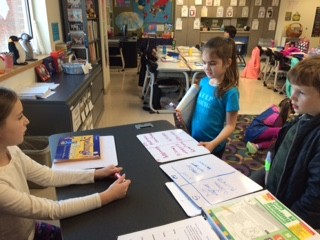

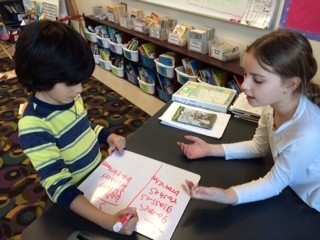
Math
The students have been working hard on subtraction with regrouping and multiplication. The students learned how to make arrays, or arrangement of objects, pictures, or numbers in columns and rows, to organize their thinking. Arrays help students visually represent the multiplication process. For example, they can picture students in a marching band arranged in equal rows or chairs set up in rows in an auditorium. These arrangements all have something in common; they are all in rows and columns. We used our geoboards to create arrays by stretching rubber bands around the pegs. See the pictures below where some of the students have written multiplication problems to go with their arrays.
